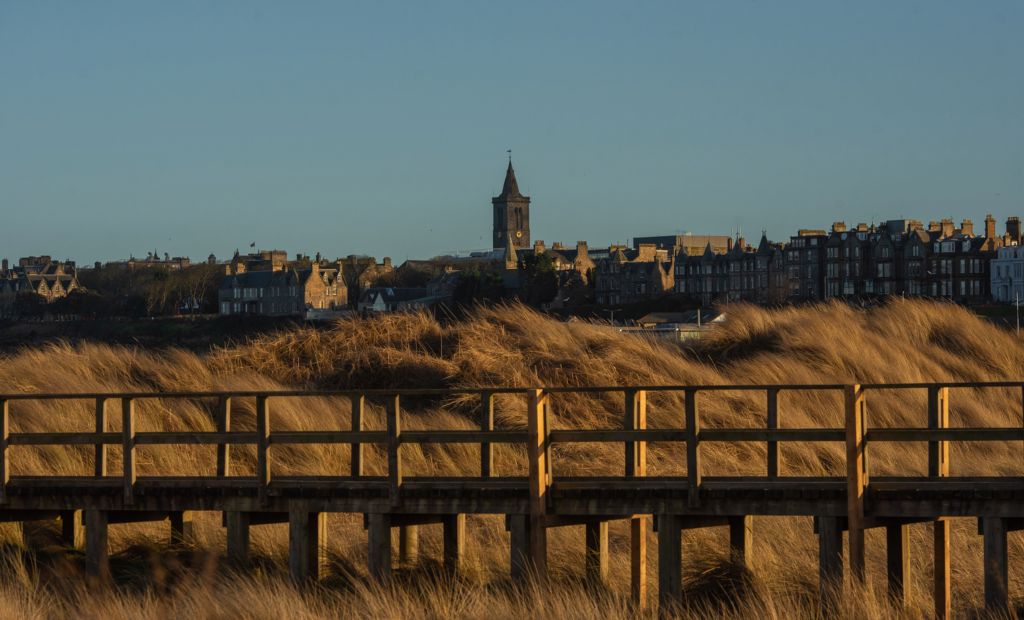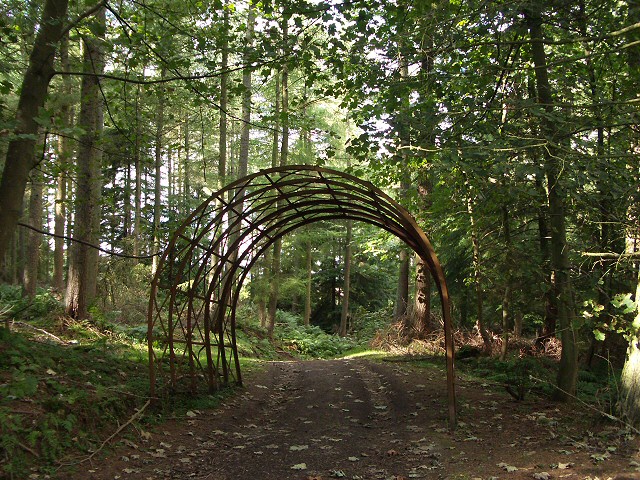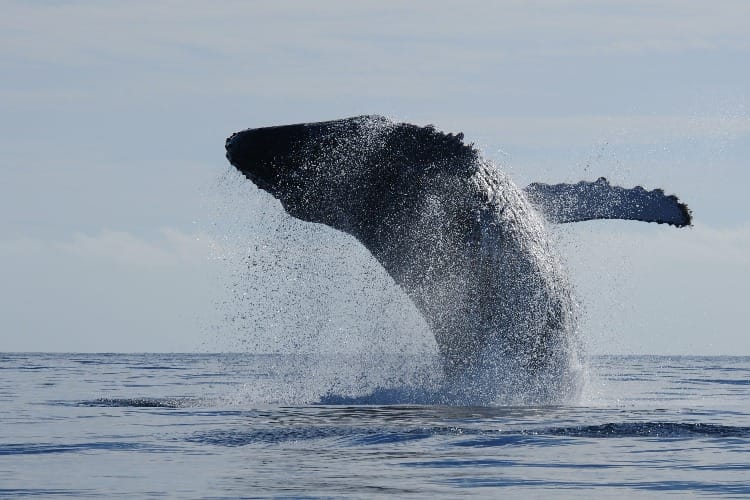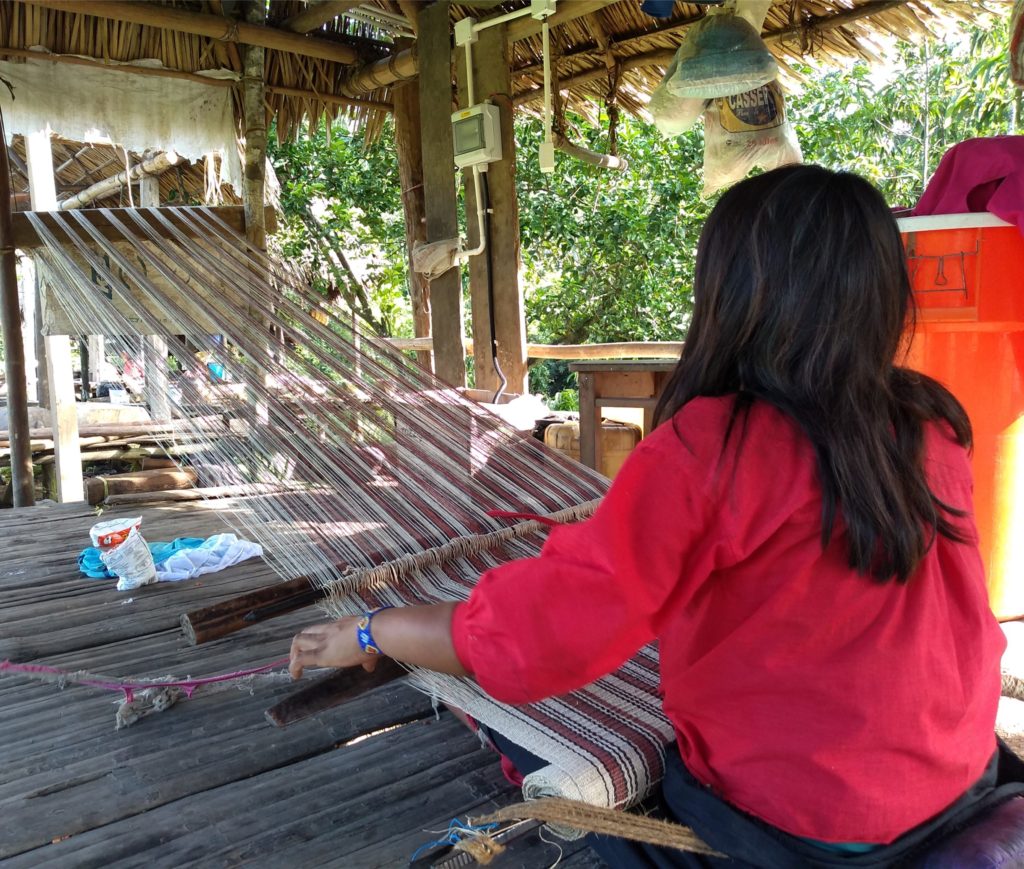“Great universities constantly move forward. They anticipate, lead, adapt, and are society’s engines of innovation and change. Momentum is everything.”
St Andrews recently adopted a refreshed strategy that will be at the core of our actions for the next five years. It will guide our investments and decision-making across research and teaching, and influence our partnerships both within and outside St Andrews. The strategy is the result of a close consultation with staff and students and is grouped under five themes: Word-leading, Diverse, Digital, Sustainable, and Entrepreneurial.
At Research Impact we recognise the extraordinary work done by researchers already in driving these themes forward, providing a solid foundation upon which the University can build over the next five years. This series of blogposts is examining research impacts across the five themes. Today’s theme is Sustainable.

“We will be leaders of sustainable change at St Andrews and in the world through what we research, our opportunities for learning, and how we operate.”
Sustainability sparks and requires innovation. To thrive within the finite resources of this planet, we need to think in new ways about our priorities and how we achieve them. Connections to sustainability are essential for driving responsible change across the physical and digital elements of the university, as well as enabling opportunities for growth. A future that is sustainable requires bold collaborations with partners from around the world, and the partnerships we nurture will be shaped by and will advance sustainability.

Develop a context for world-class research which acknowledges its environmental impacts and seeks to minimise them.
The ways in which we perceive and manage our land influences how our environment and society function. When land is well managed, it can offer prosperity for all; when mismanaged, it can fuel inequality. Well-managed land provides ecosystem services including food and forest products, carbon emission mitigation, catchment flooding reduction, decreased pollution and biodiversity conservation. A project led by Rehema White at the School of Geography and Sustainable Development considered how the UN Sustainable Development Goals can inspire and inform sustainable land management in Scotland, and how institutions can utilise them effectively. Read more here.

Deliver more world-leading research that targets crucial themes in the climate and natural emergencies, and invest in key interdisciplinary perspectives that take on the complexity of acting on this challenge.
While it has long been understood that the loud noises associated with sonar have the potential to harm marine life, little has been known about its specific effects until very recently. Leading researchers in the School of Biology investigated the behavioural responses of 10 different species of cetacean from 2006 to 2016, providing critical datasets that have been used to improve sonar use around the world. Building upon this work, researchers in the School of Mathematics and Statistics have been developing statistical methods to reduce environmental impacts on the world’s oceans. Their work has been used in a range of industries, from naval forces to wind turbine deployment. Read more here.

Make use of our research to drive policy change in support of a fair, sustainable future for all, locally, nationally, and globally.
A project led by Dr Althea Davies from the School of Geography and Sustainable Development aimed to establish how indigenous peoples in lowland Amazonian Peru can use cultural heritage to support resilience, adaptation and autonomy at a time of increased stress. Specifically, they considered how textile production can help strengthen indigenous identity, and aid conservation of the ecosystems where the communities live. These ecosystems are vital not only in providing the materials for textile-making, but also for the overall livelihoods of indigenous groups and supporting distinctive biological diversity and carbon cycles that influence global climate. Read more here.
Come back on Friday for the final entry in our University Strategy Series, where we’ll be discussing Entrepreneurial St Andrews.
